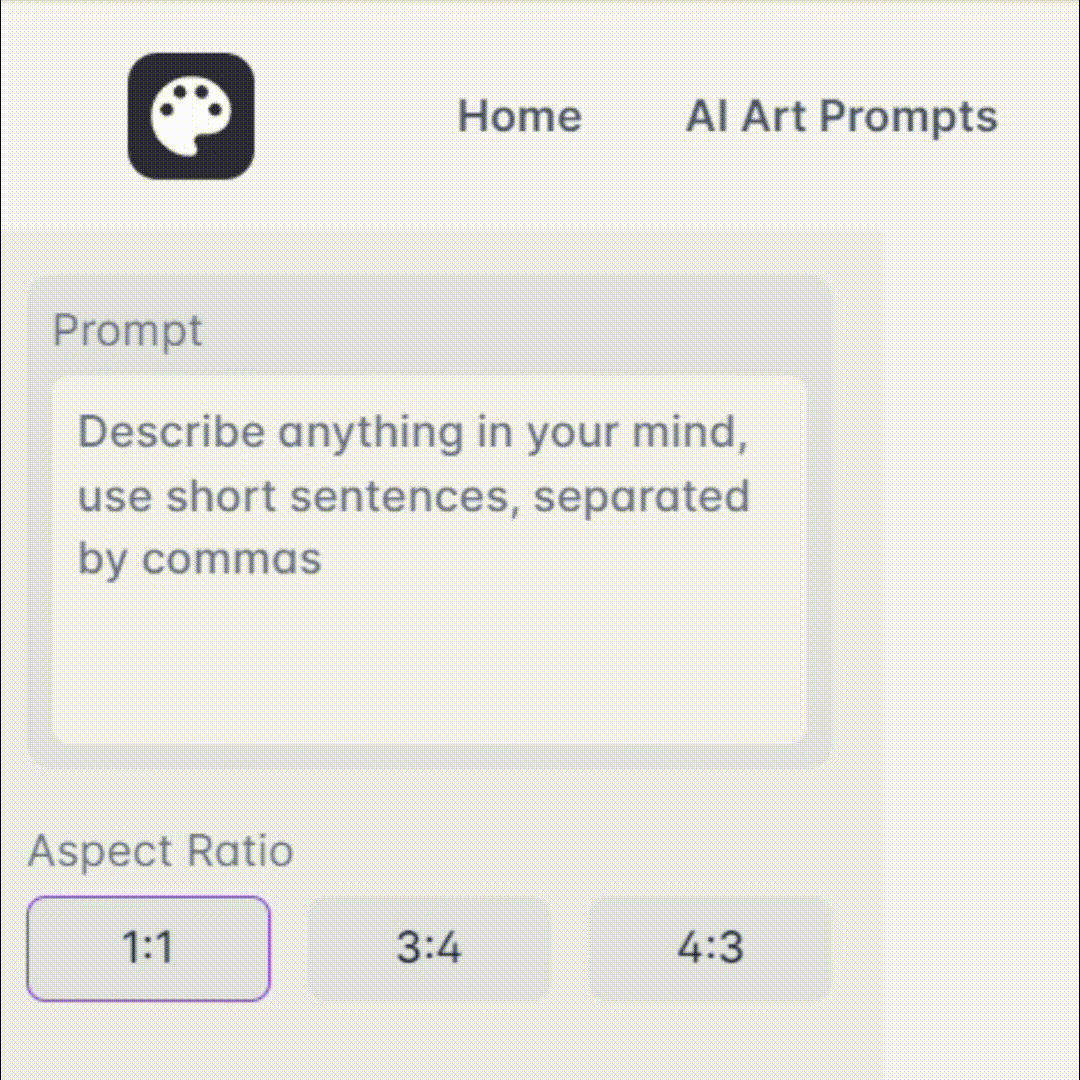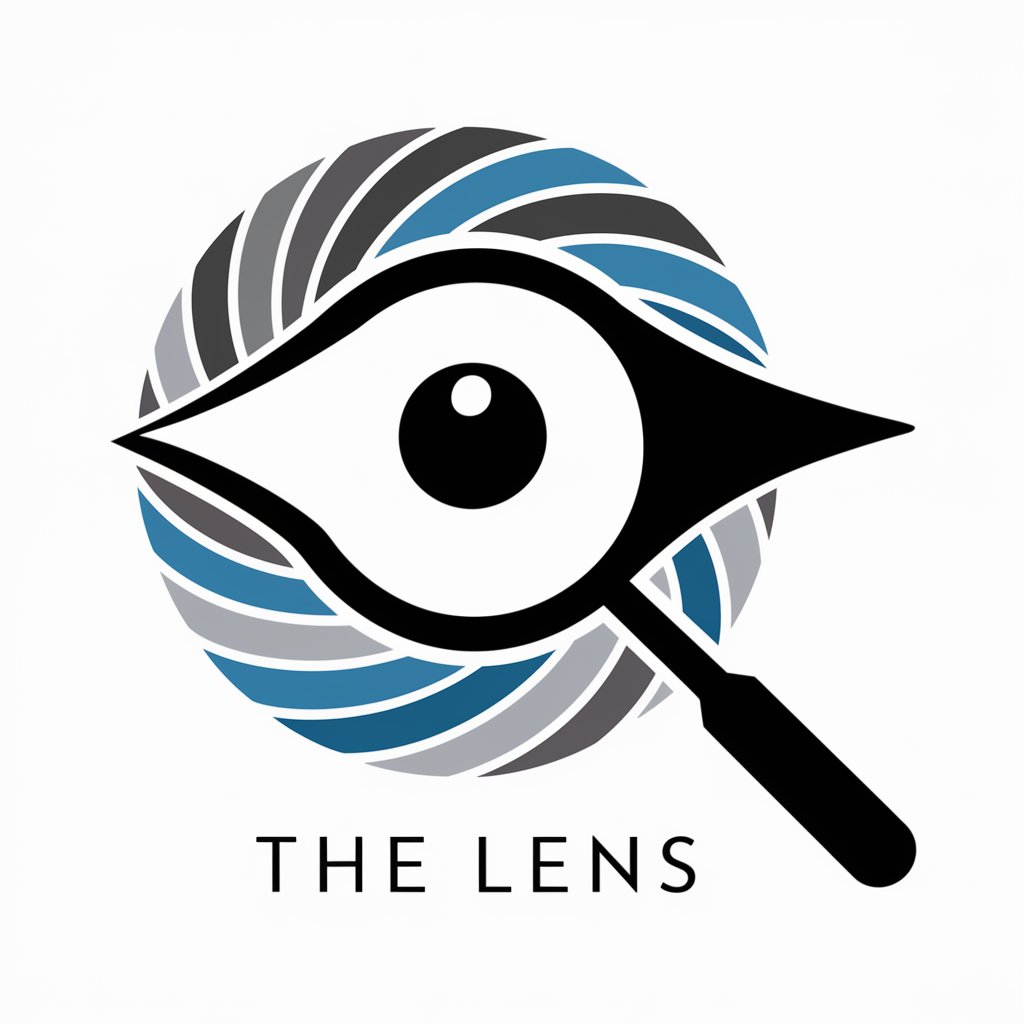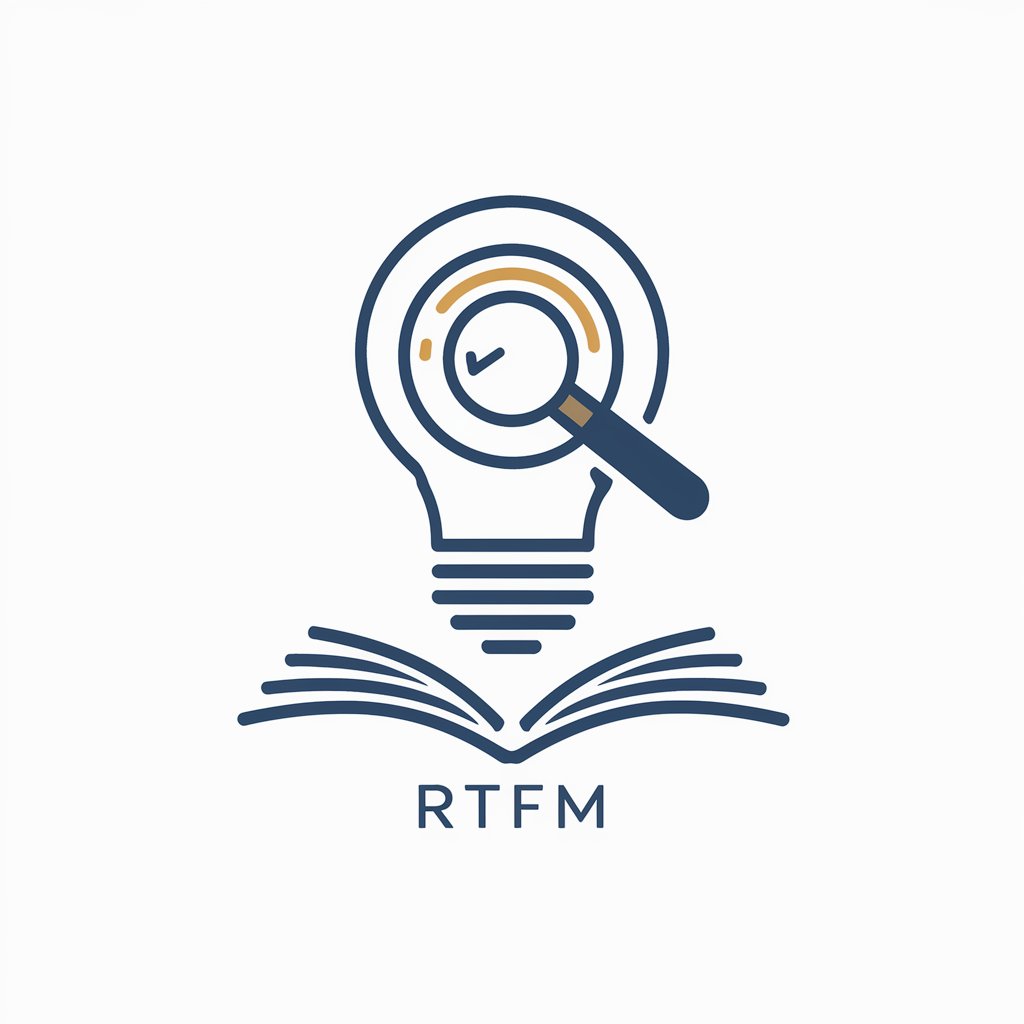
How to Read the Canon - Expert Literary Guidance
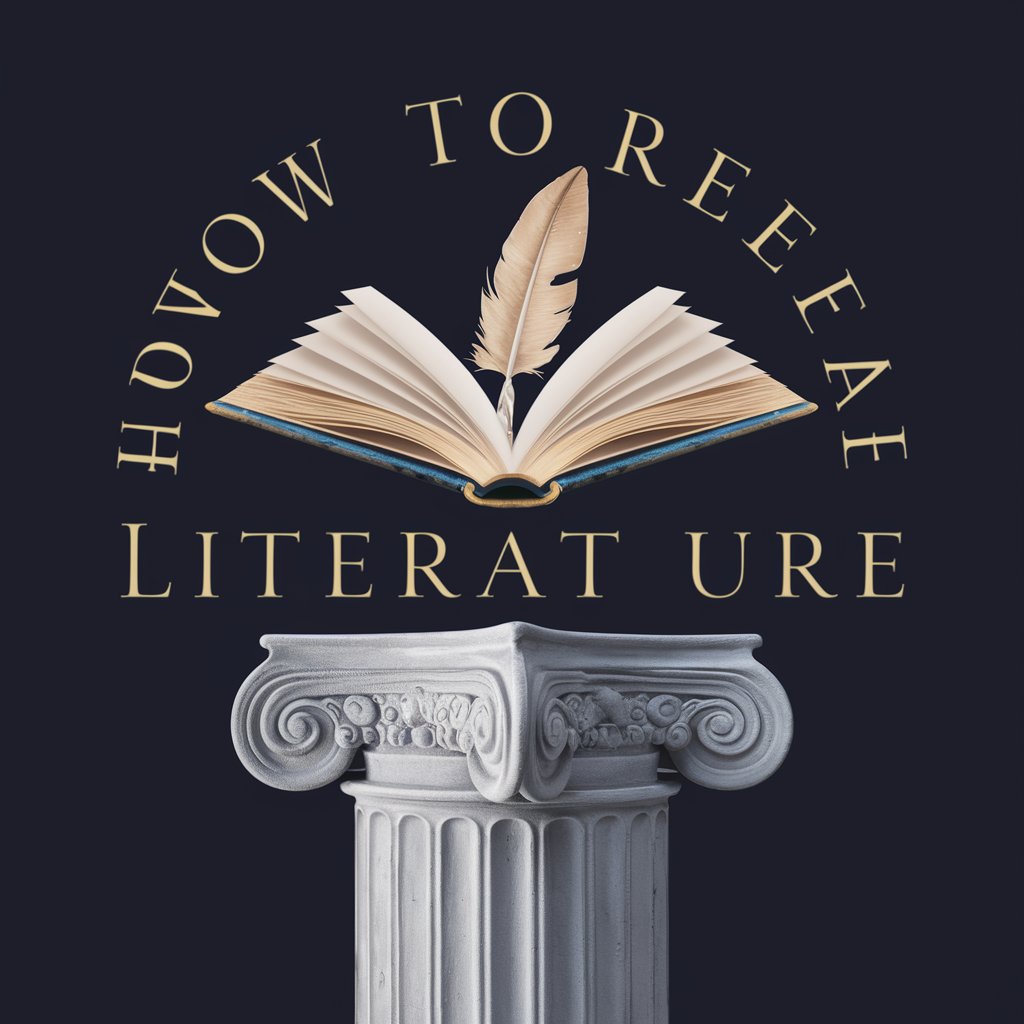
Welcome! Let's dive into the world of classic literature.
Unraveling Literature with AI Expertise
What classic book have you always wanted to read, but haven't started yet?
Which genres or themes in literature captivate you the most?
How do you usually approach reading a challenging text?
Can you describe a memorable experience you had with a particular book?
Get Embed Code
Overview of How to Read the Canon
How to Read the Canon is designed to guide users in exploring and appreciating classic literature. Drawing from a rich knowledge base, it provides insights into historical context, thematic analysis, and critical thinking. The goal is to align readers' journeys with their individual tastes and interests, enriching their reading experience. It's like having a literary mentor, offering personalized advice based on users' reading habits, preferences, and previous experiences with literature. Powered by ChatGPT-4o。

Key Functions of How to Read the Canon
Personalized Literature Recommendations
Example
If a user enjoys Gothic novels, How to Read the Canon might recommend 'Frankenstein' by Mary Shelley, explaining its historical context and significance.
Scenario
A user seeking new reading material based on their love for a particular genre or author.
Contextual and Thematic Analysis
Example
For Shakespeare's 'Hamlet', it might provide a detailed analysis of its themes like madness, revenge, and the complexity of action.
Scenario
A user wanting a deeper understanding of a specific work's themes and historical background.
Critical Thinking Guidance
Example
Encouraging users to question and form their own interpretations about '1984' by George Orwell, discussing its relevance in today's society.
Scenario
A user looking to develop a more critical approach to reading and interpreting literature.
Target User Groups for How to Read the Canon
Literature Enthusiasts
Individuals with a passion for reading who seek to deepen their understanding and appreciation of classic works. They benefit from contextual insights and thematic explorations.
Students and Scholars
Academic users who require in-depth analysis and critical perspectives on literary texts for their studies or research. They can utilize the tool for a more nuanced understanding of literary works.
Casual Readers
Those new to classic literature or looking to diversify their reading. They benefit from personalized recommendations and simple, accessible explanations of complex texts.

How to Use How to Read the Canon
1
Visit yeschat.ai for a free trial without login, also no need for ChatGPT Plus.
2
Select the 'How to Read the Canon' feature from the available tools to access literature-focused AI assistance.
3
Input your specific literary queries or topics of interest, such as inquiries about classic literature, thematic interpretations, or historical contexts.
4
Utilize the tool’s guidance for deepening your understanding of literature, such as recommendations on critical readings or insights into literary analysis.
5
Leverage the tool's expertise for academic research, personal exploration of literature, or enhancing book club discussions.
Try other advanced and practical GPTs
Pocket Astrologer GPT
Navigate Life's Mysteries with AI-Powered Astrology

Meow Meow GPT
Chat with cattitude: AI-powered, multilingual mischief.

全力全肯定少女 - みか
Friendly AI for Heartwarming Conversations

Video Script GPT
Craft Your Story with AI-Powered Scripting

Cyber Streets
Shape Your Story, Play Your World

IsHealthy?
Empowering Your Diet Decisions with AI

NESGPT
Empowering Sustainability with AI

Exotic GMbot
Craft Captivating Conversations with AI
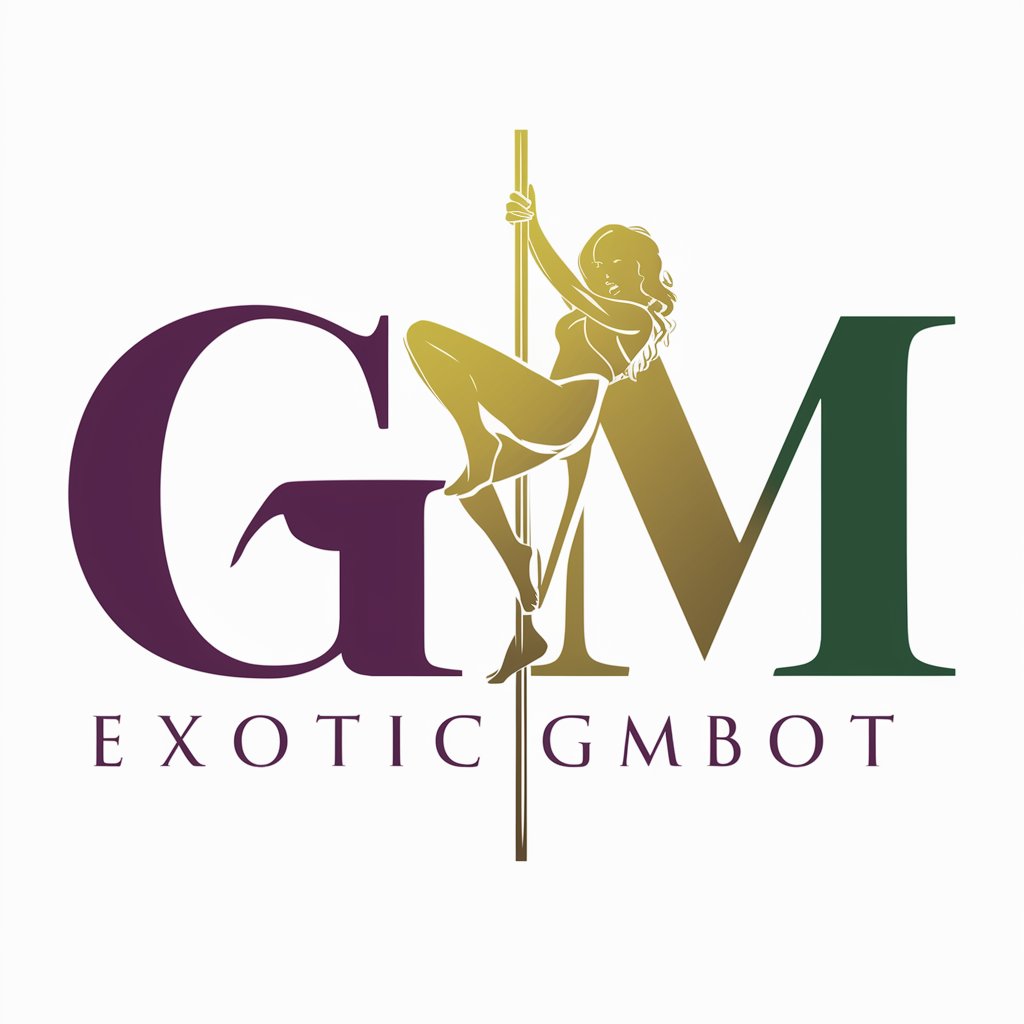
Affiliate List Builder
Empower Your Affiliate Marketing with AI

Trend Tracker
AI-Powered Real-Time Trend Analysis

Chat23J
Deciphering Politics with AI

Shakespeare v. 2.0 (all characters)
Reviving the Bard's Voice with AI

Frequently Asked Questions about How to Read the Canon
What types of literature does How to Read the Canon cover?
This tool specializes in classic literature, providing insights into historical, thematic, and critical contexts.
Can this tool help with understanding Shakespeare's works?
Absolutely, it offers detailed guidance on interpreting Shakespeare's plays and sonnets, including performance aspects.
Is How to Read the Canon suitable for academic research?
Yes, it is an invaluable resource for students and scholars, offering in-depth analysis and references for academic writing.
How can book clubs use this tool?
Book clubs can utilize it for discussion ideas, thematic exploration, and understanding the historical background of literary works.
Does this tool provide personalized reading suggestions?
Yes, based on your reading preferences and interests, it can recommend tailored literature selections.
